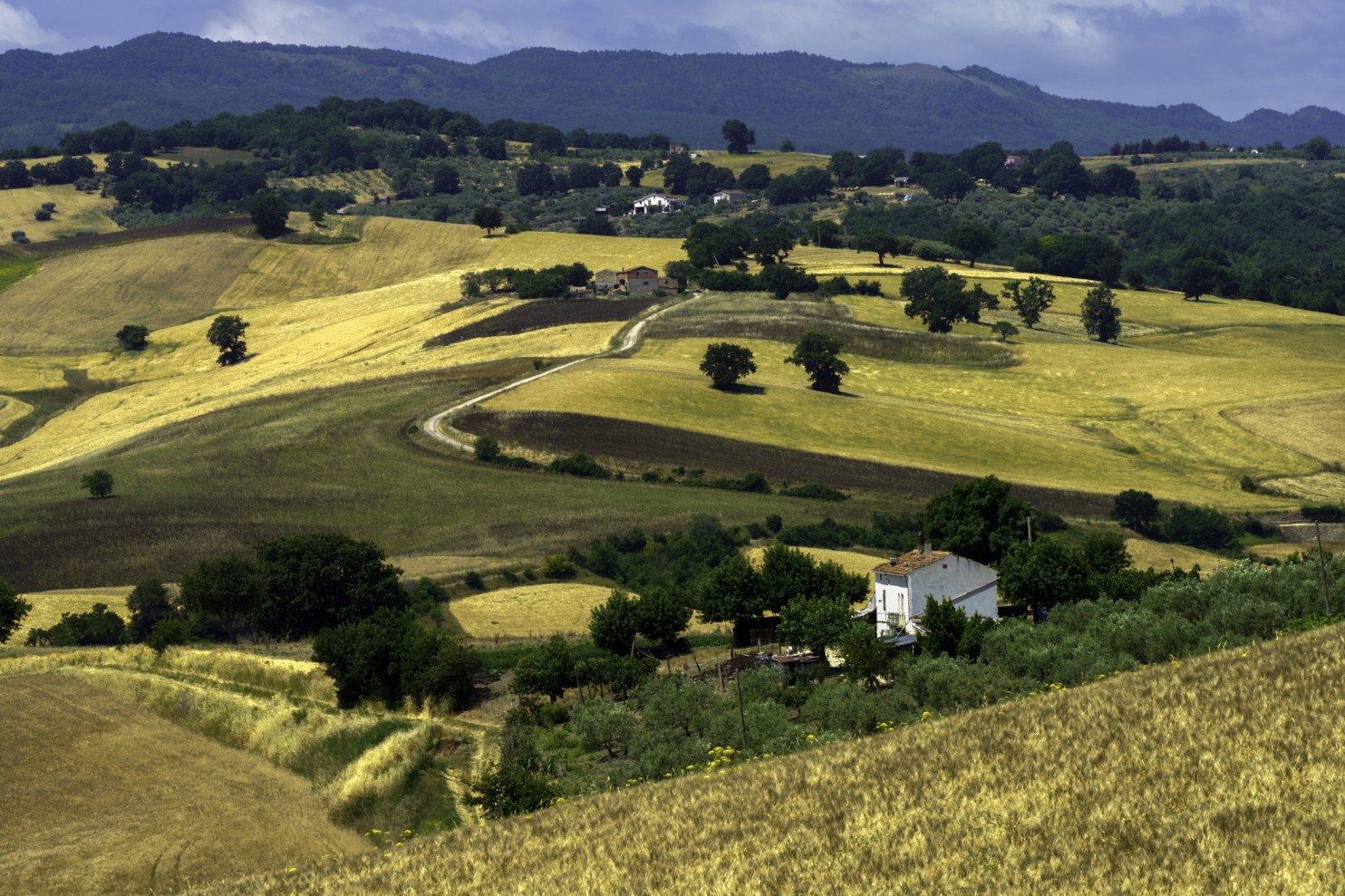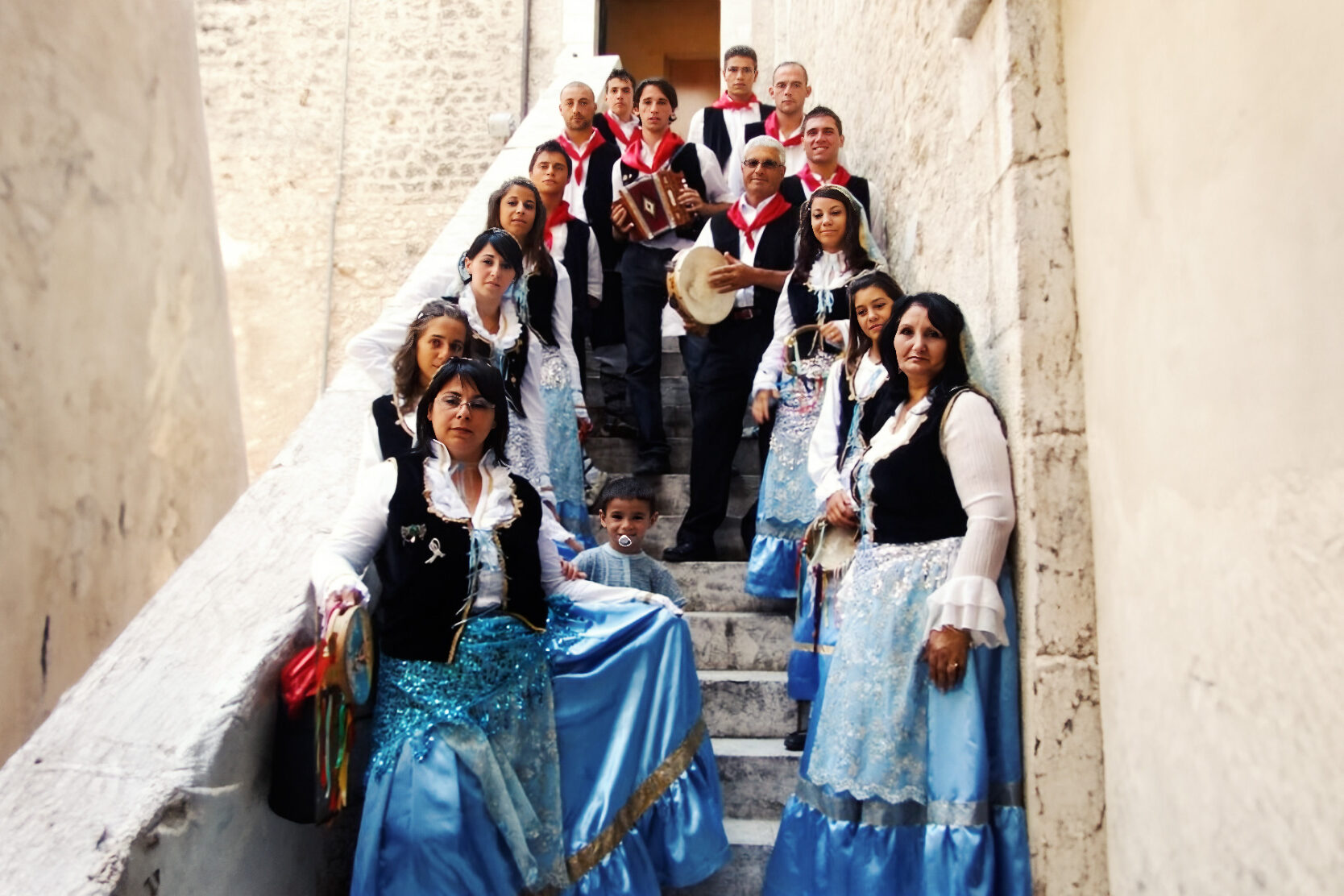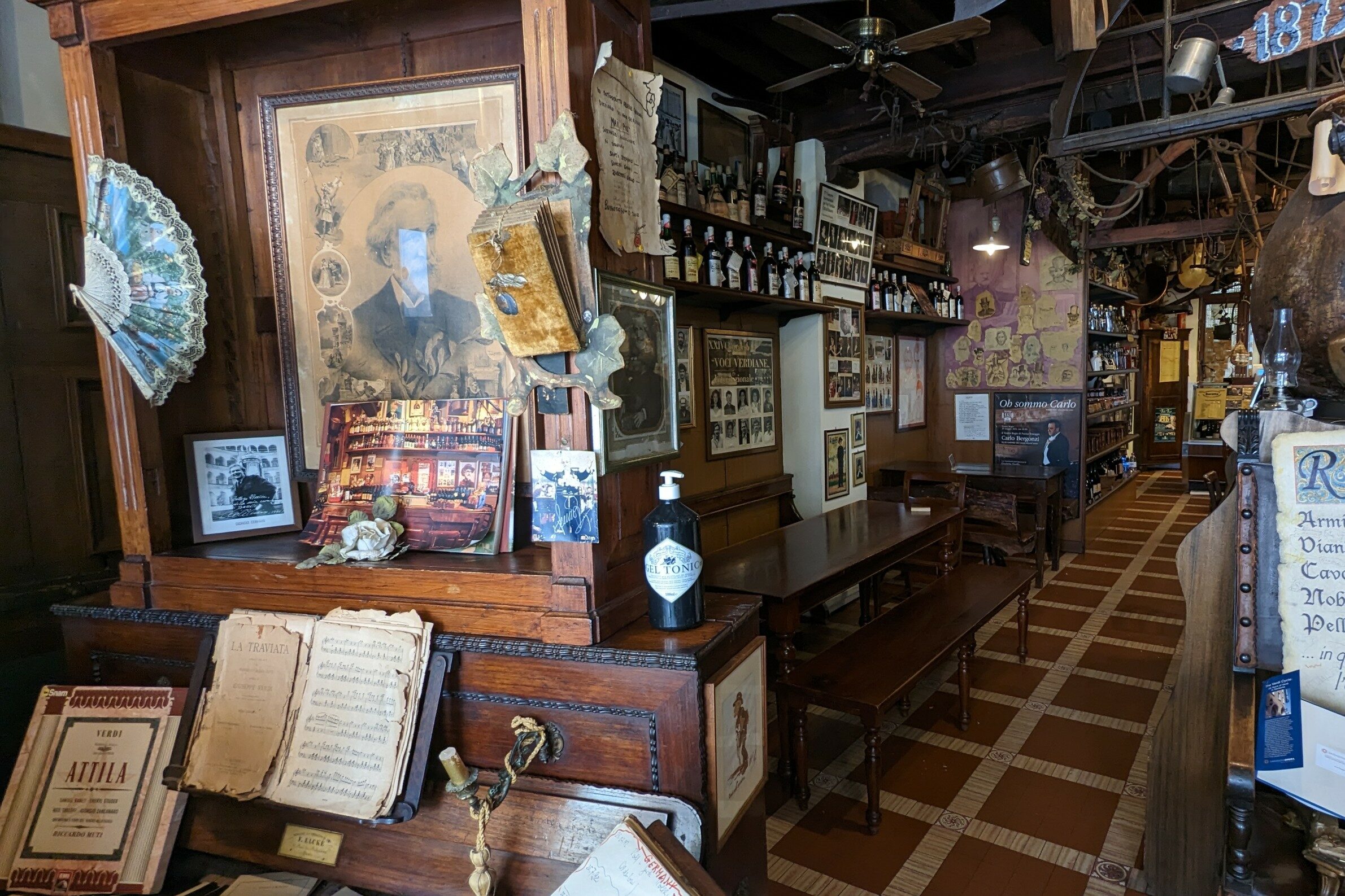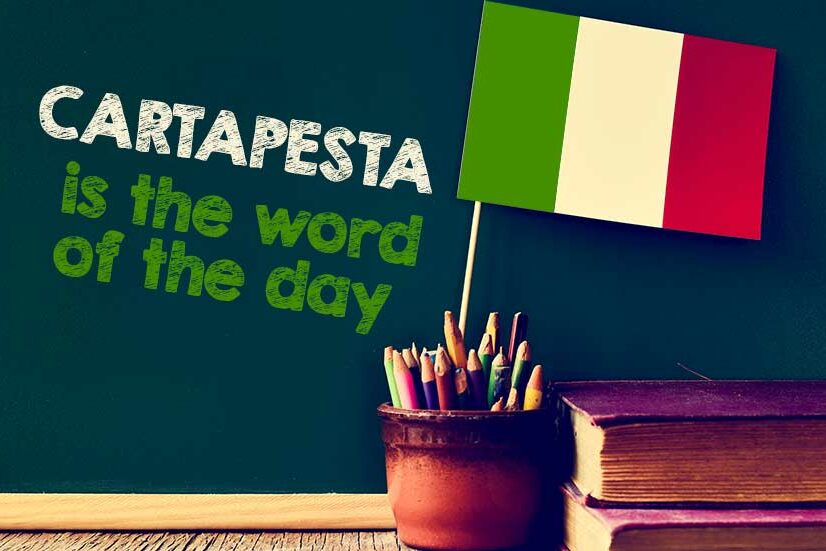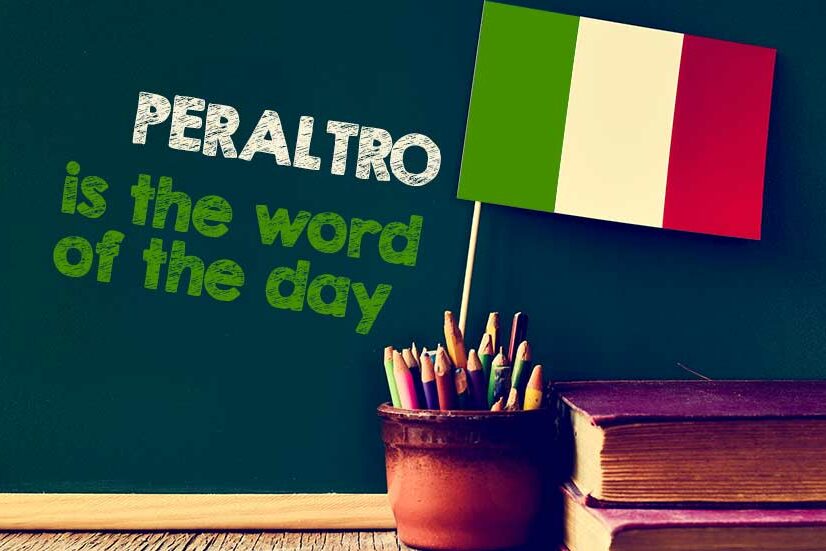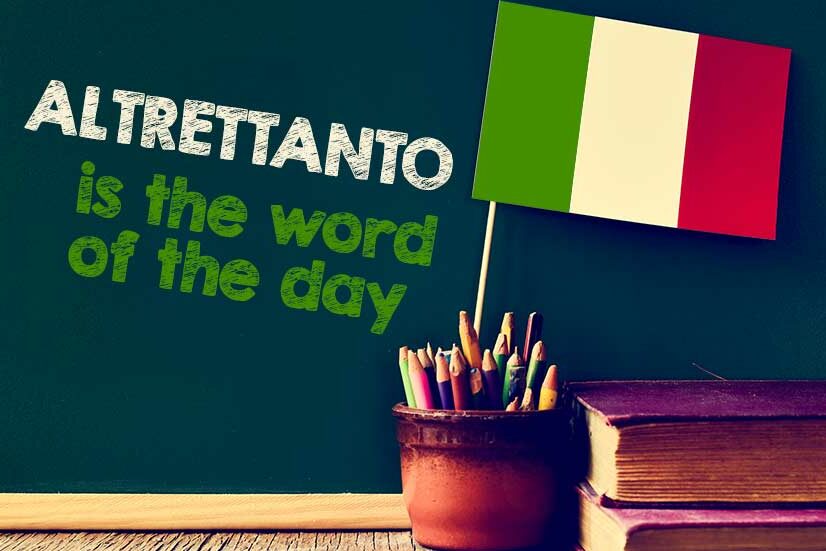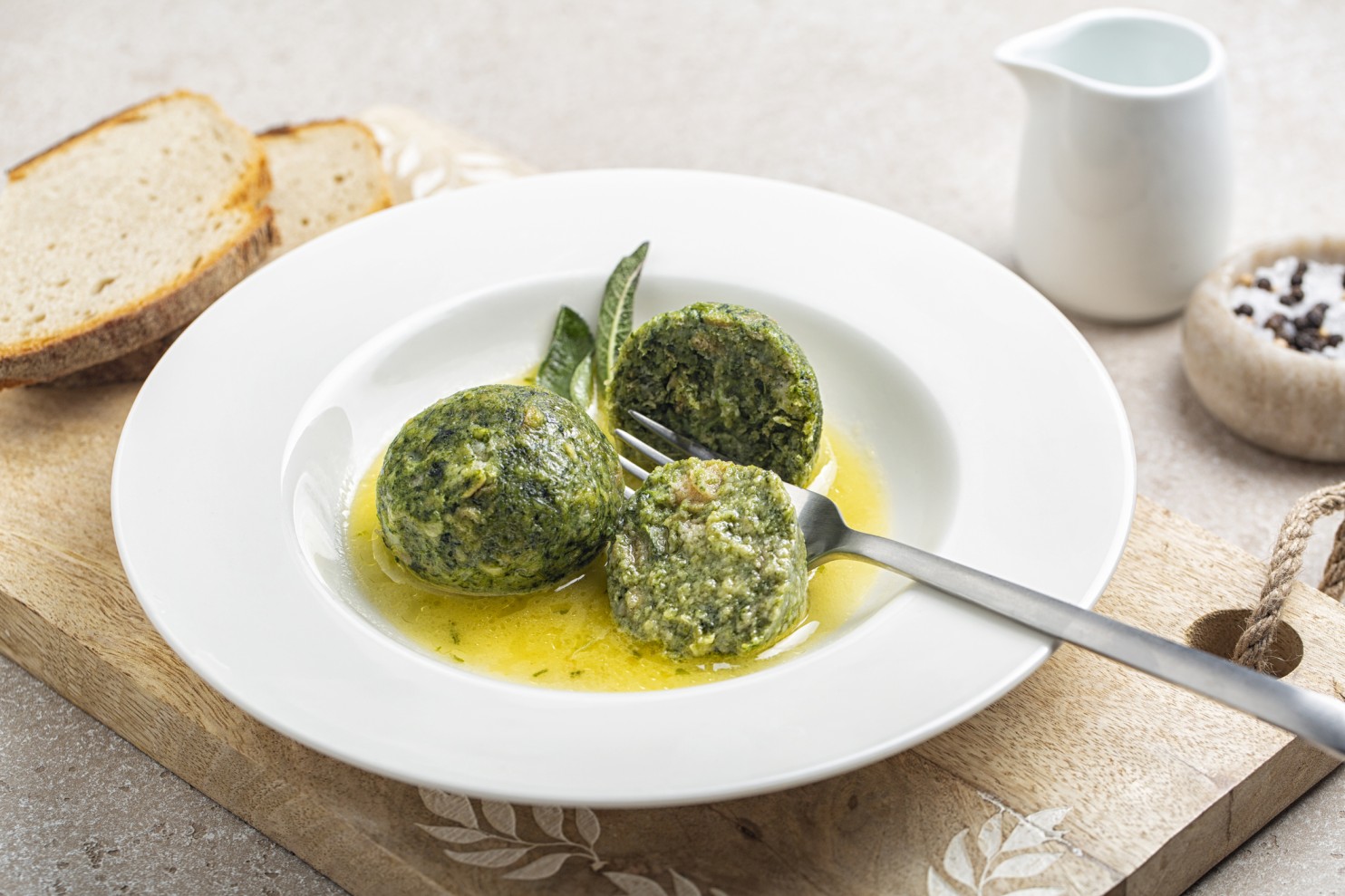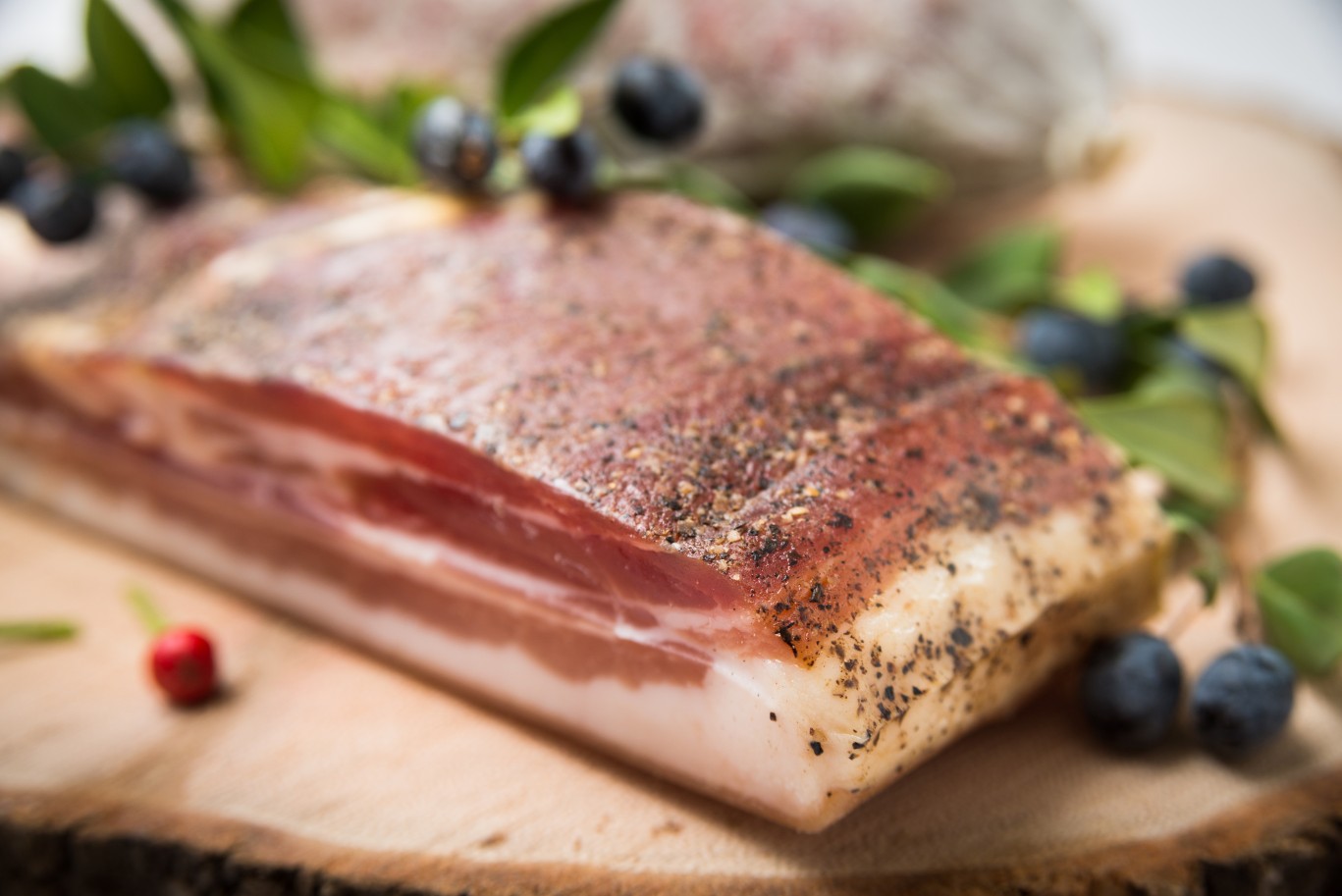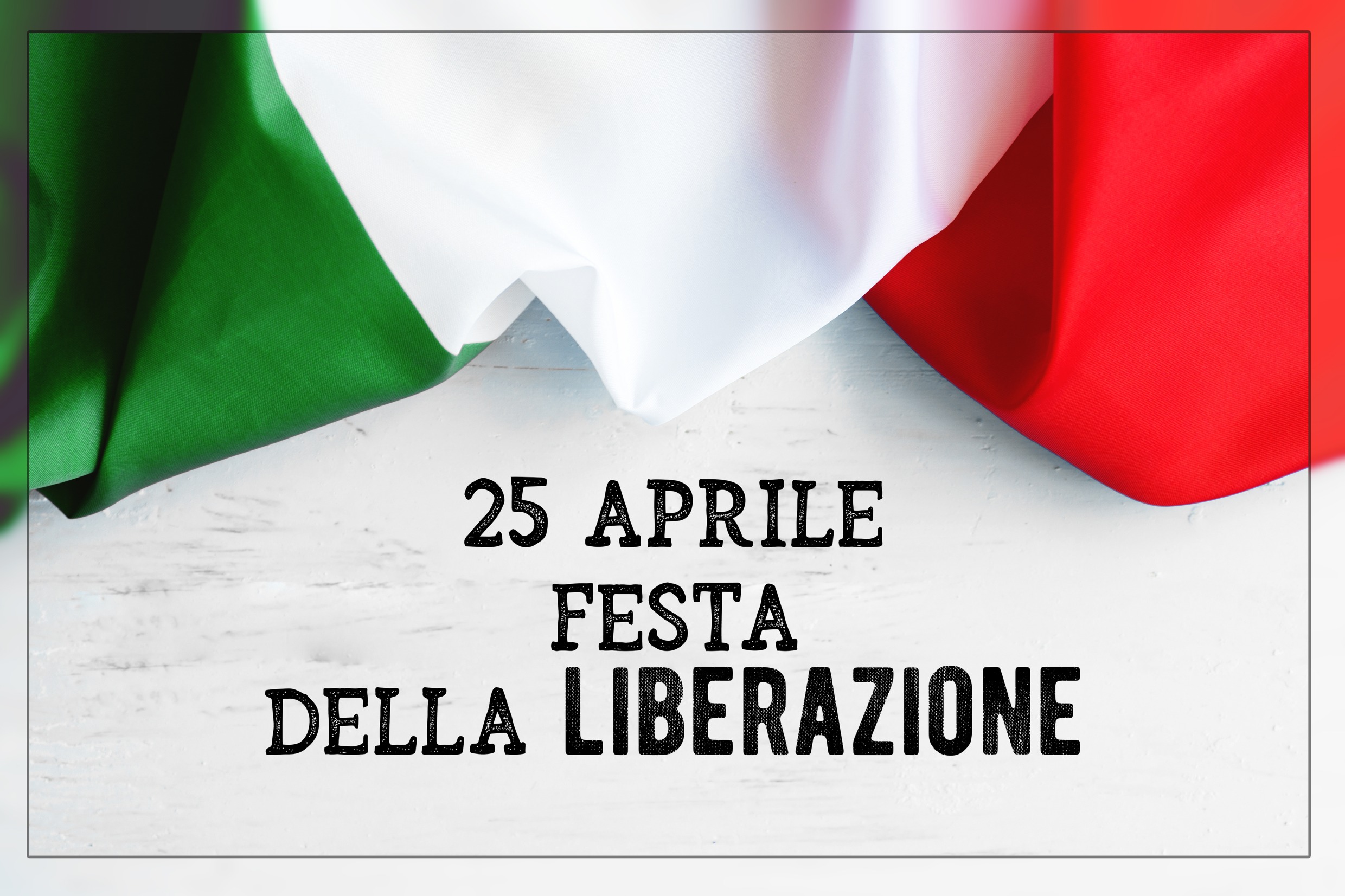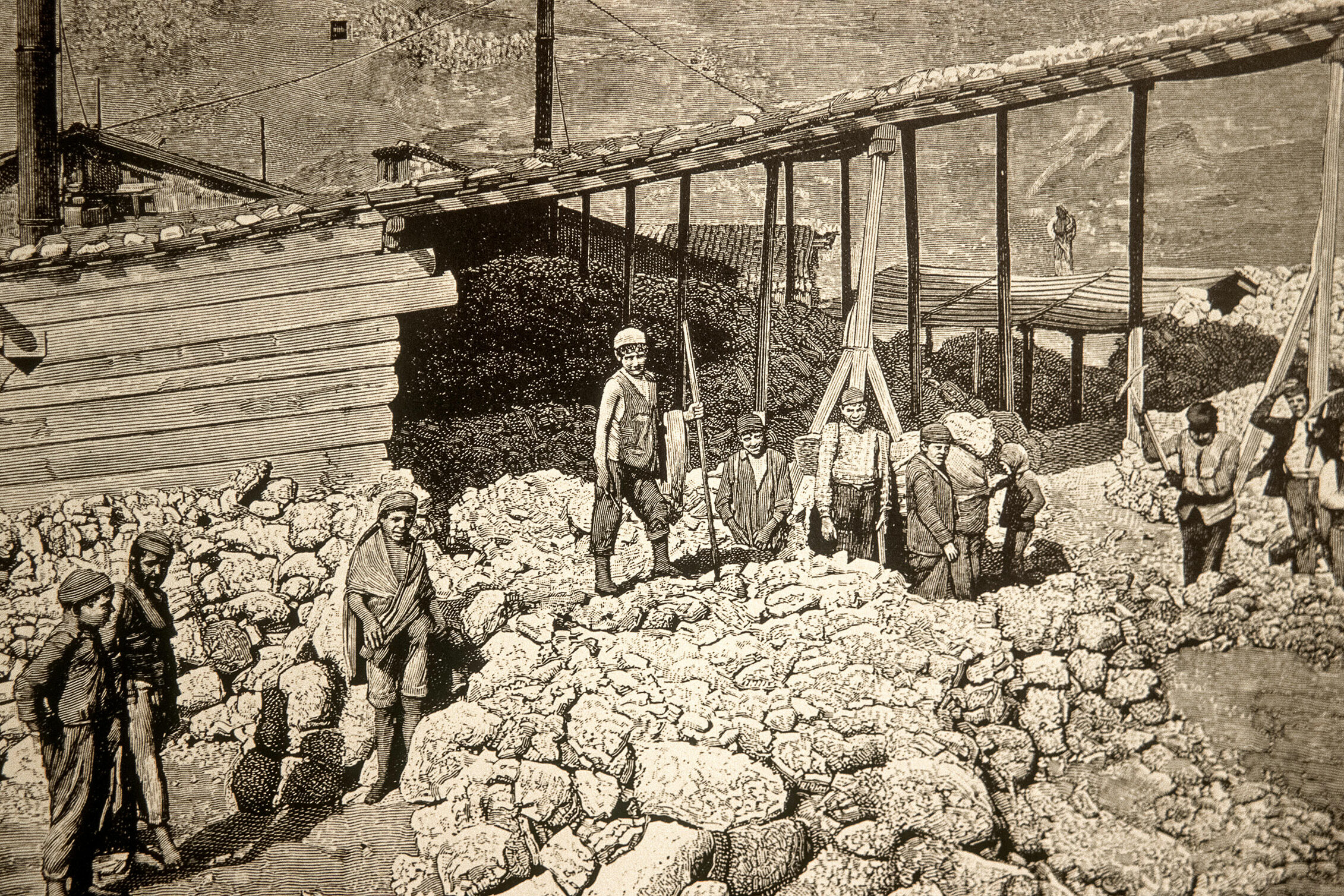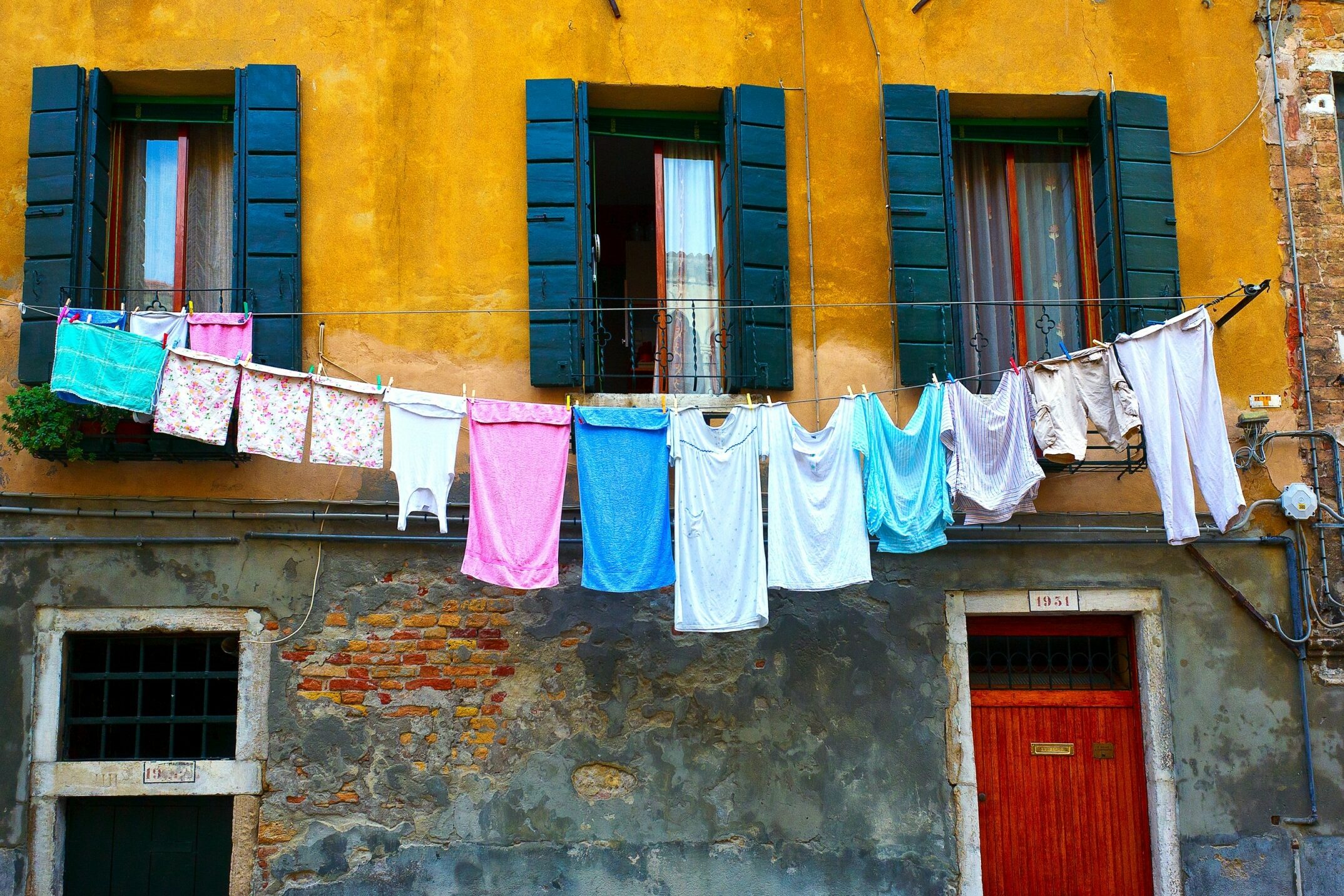Mozzarellas coming from Germany and destined to Sicily, milk coming from Poland and destined to Lombardy, cheese coming from Belgium and destined to Veneto, hams coming from Germany and destined to Emilia Romagna, olives from Turkey, Greece and Spain for Tuscan bottles of olive oil, milk from Lithuania, oranges from Brazil.
Moreover, Italian pasta is made through 5.7 billion kilos a year of wheat coming from France, Hungary, Austria, Germany, Ucraina and Canada. And Italian sauce is made with 4.6 tons of tomatoes coming from China.
Ham from Germany
Ham from Germany
Italy is “invaded” by fake Italian products (often the first supplies arrive from foreign countries while the workmanship is Italian and the final product is marked as Italian) and, overseas, fake Italian products are sold as true Italian.
Two very dangerous counter-markets that are destroying quality and reputation of the true Made in Italy and a disloyal competition that is causing the closure of many Italian firms.
More than six Italian out of ten (63%) would like to purchase true, certified and healthy Made in Italy products and help the national economy; but this is not possible because of “deceiving labels”.
Two hams on three are sold as Italian, but they are coming from pigs raised in a foreign countries. Three cardboards of milk on four are foreign without indication on label. At least 33 percent of the food sold and exported as Made in Italy actually contains foreign ingredients.
No chance for the consumers to defend themselves from imported products.
No chance for the true Italian producers to compete with a market altered by a disloyal foreign competition.
Italian agriculturists and breeders of livestock are protesting against government, asking more transparent labels that should mark the places of origin of the raw materials in order to defend the quality of the Italian productions and let the Italian firms to survive.
The dramatic result of this market corrupted by importations is crisis: from January up to now in Italy 32,500 stalls and agricultural firms have closed and 36,000 have lost their business, with devastating impact on the food and environmental safety. Moreover, the unfair competition has resulted in the closing of around 140 thousand agricultural businesses between 2007 and 2013.
A situation that damages the consumers, the agriculturists and the breeders that try to eat and produce foods of quality, according to Eu community levels on the base of precise disciplinaries.
That is why breeders brought Italian pigs in front of the Parliament or stopped truck containers (introducing foreing products in Italy) at the Italian boundaries, in order to stop foreign products to be sold as Made in Italy. They want the Italian government quickly ratifies a law which already exists but is not yet implemented and they hope the European Union would change the labelling regulations, so that defending the Made in Italy would become easier.





